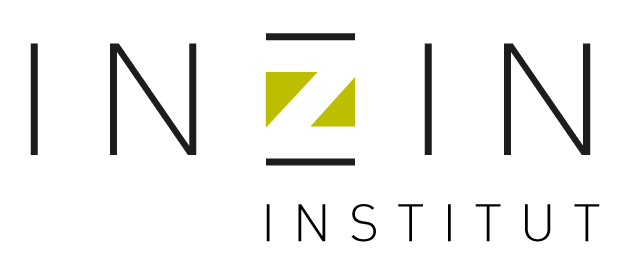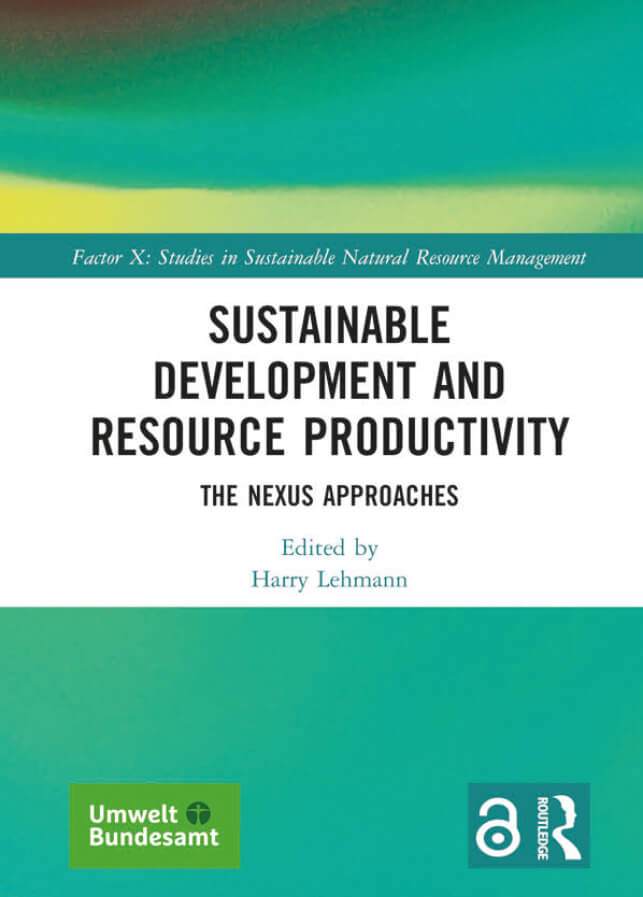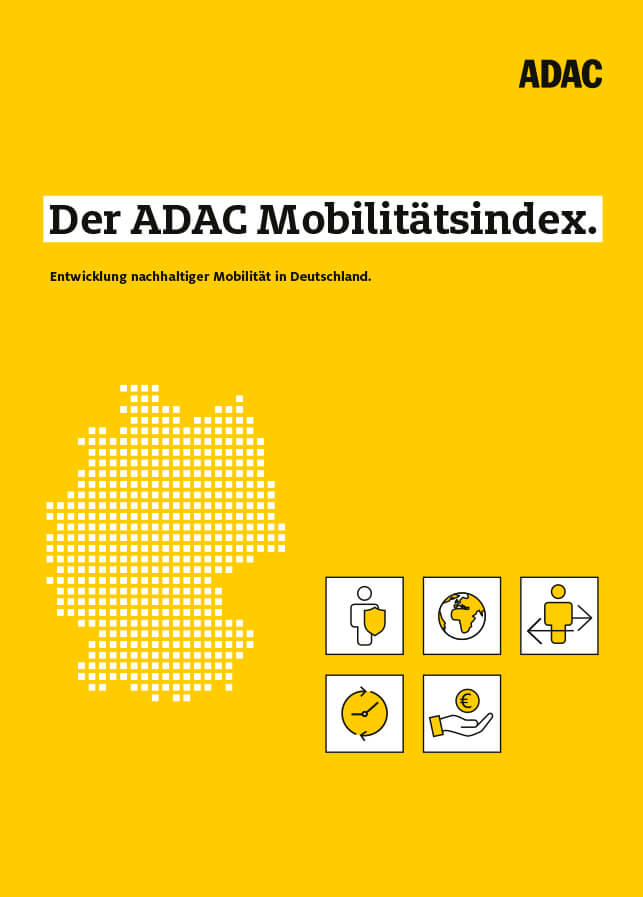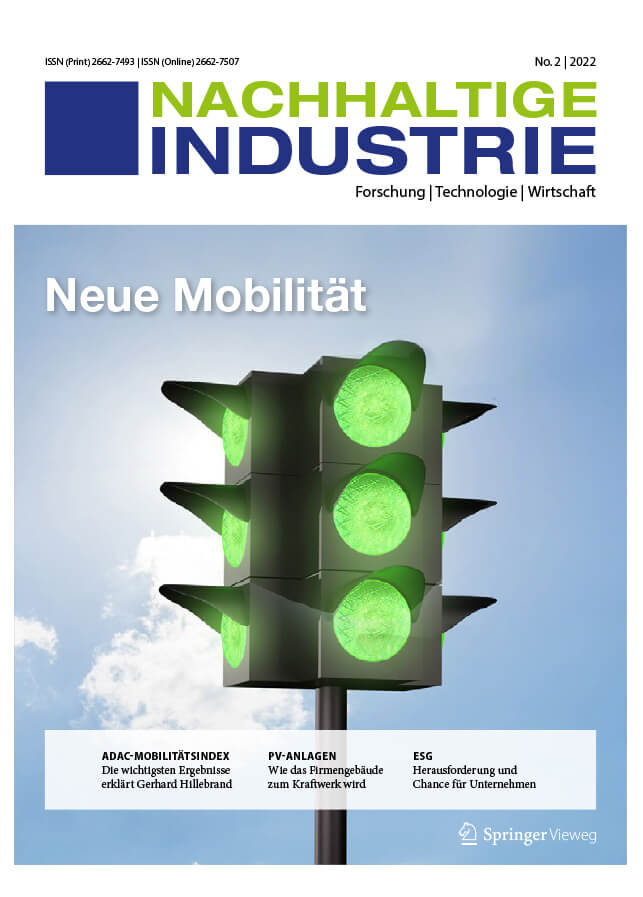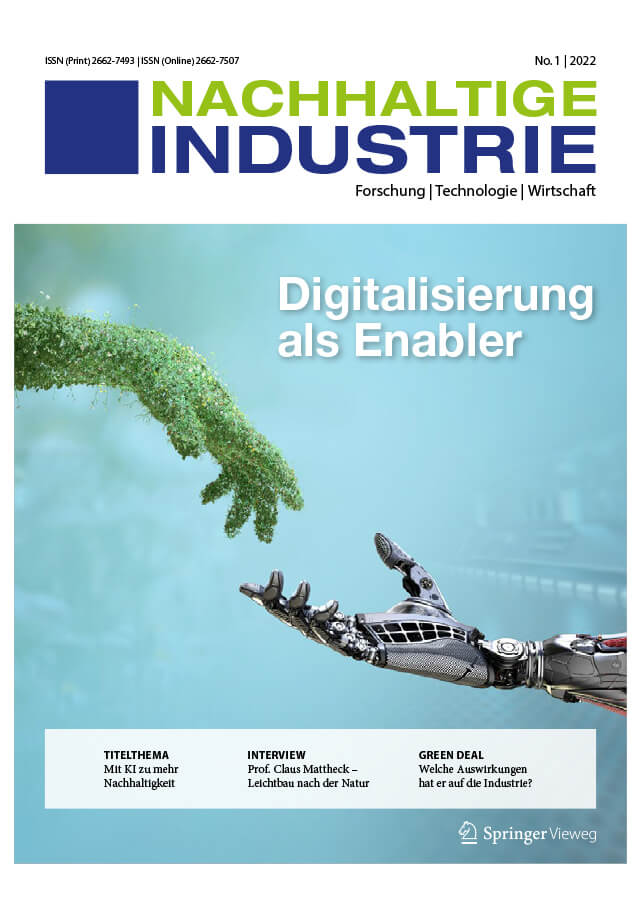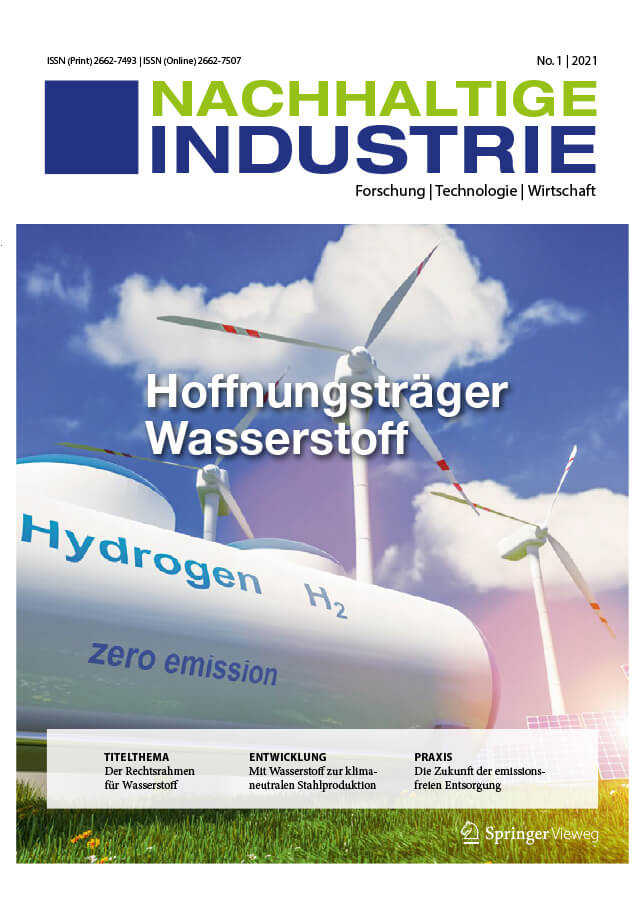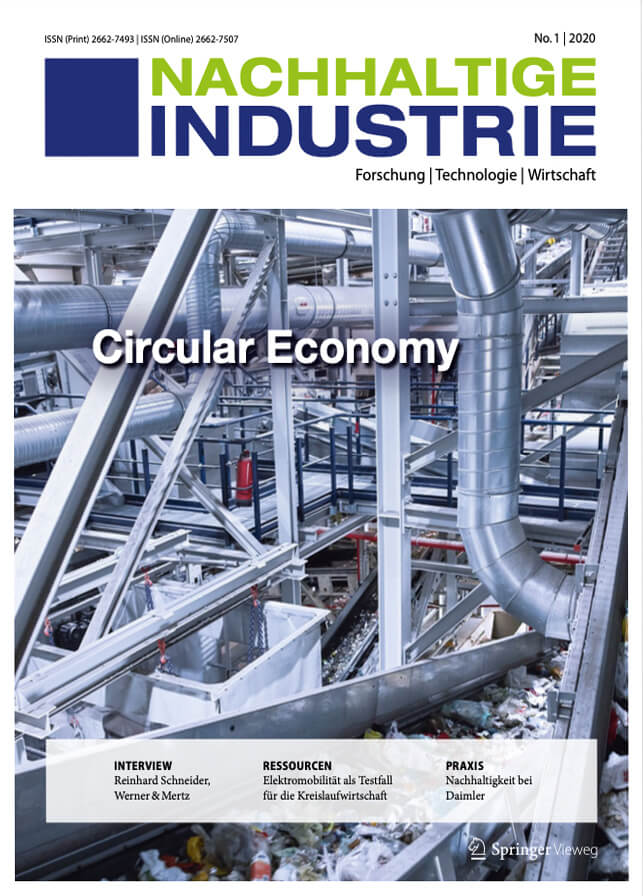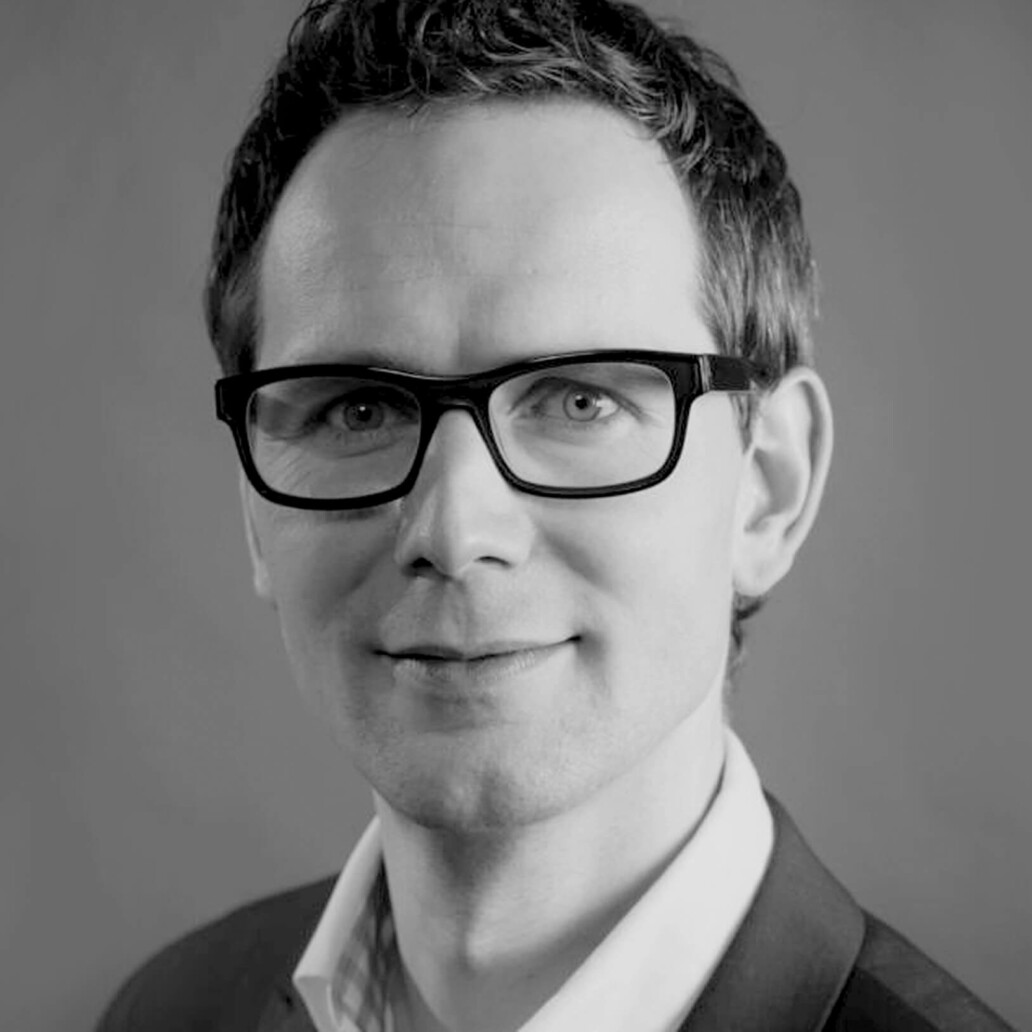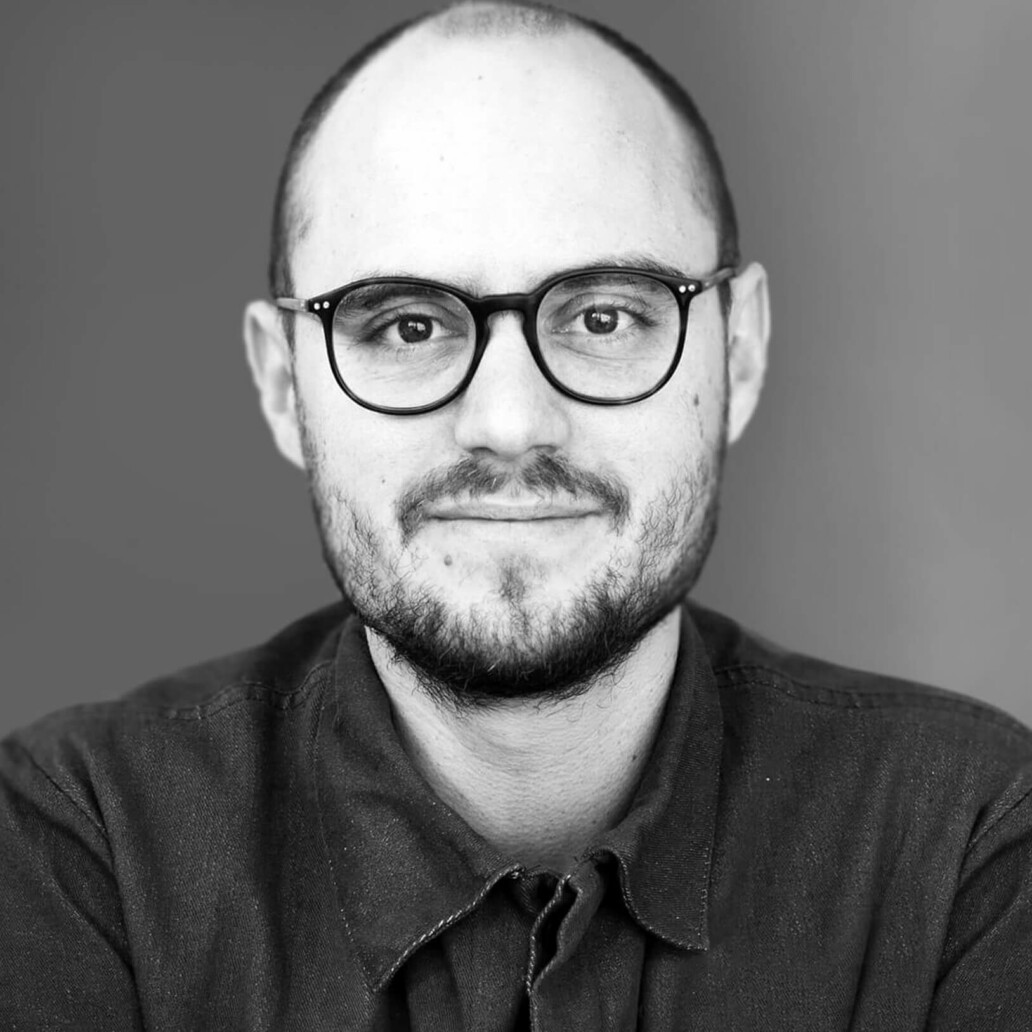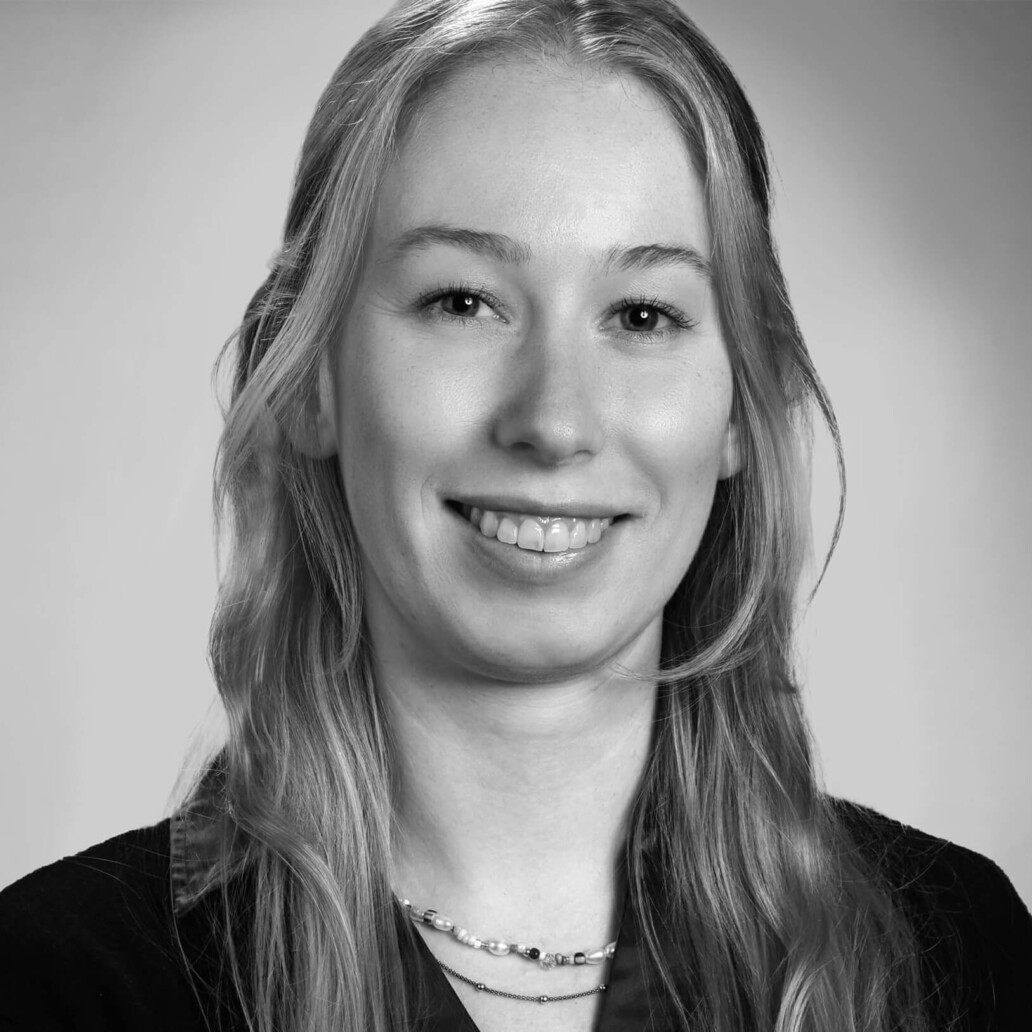Felix Müller
Month: July 2022
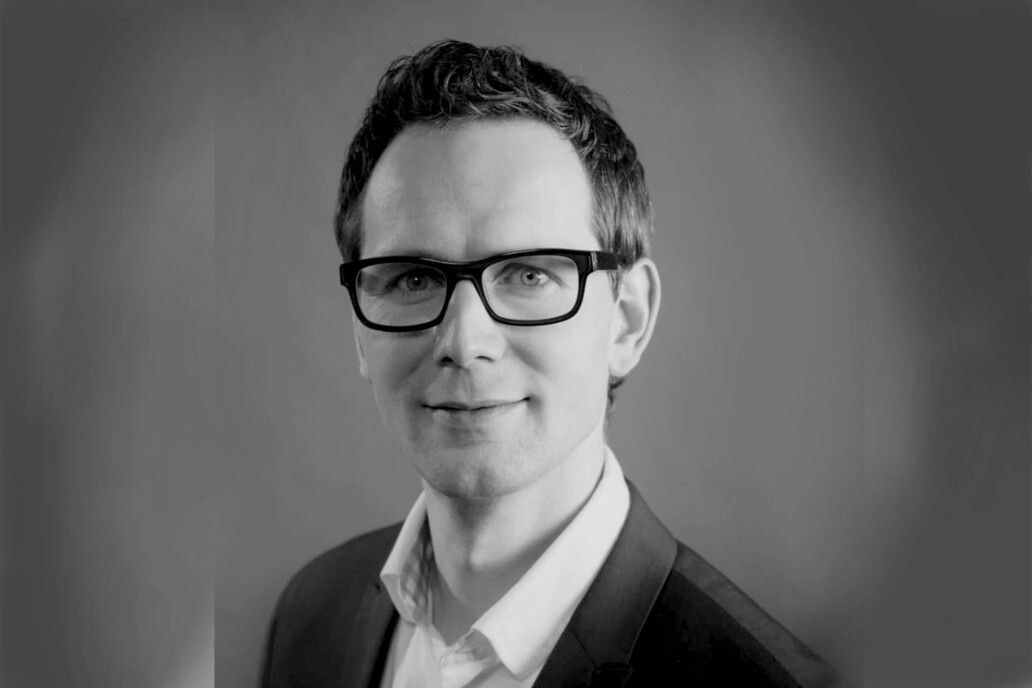
Research topic
Material limits of the circular economy – status and perspectives of the circular economy under characterization, modelling and evaluation of the material balance with special appreciation of stock dynamics in Germany’s anthropogenic stockpile
The circular economy is increasingly seen in political programs as a consistent solution for a sustainable, resource-conserving economy. The central paradigm of the circular economy is the preservation of the value and function of goods, products and materials in the economic area. As a result, an ideal raw material-utilizing system in a steady state would have to be largely self-sufficient in secondary raw materials and be able to dispense almost entirely with primary raw materials.
However, real systems such as national economies are characterized by a complex, dynamic material interdependence with losses and veritable consumption of raw materials. Recycling is subject to technological and economic barriers. Furthermore, these systems not only experience saturation effects, but also considerable growth and shrinkage dynamics in the anthropogenic camp. There is a large time lag between the placing on the market and the disposal of relevant groups of goods.
Against this backdrop, where are realistic material target corridors in a circular economy and where are the limits? Which materials can actually be managed in cycles and which indicators can be used to reliably describe the development of material life cycles? To what extent will the supply of primary raw materials remain necessary?
The author’s doctoral project is dedicated to these central questions and examines the degree of circularity that will be possible for various materials under current and expected future technical conditions.
Supervision
Place of doctorate: TU Clausthal
Publications
Müller, F., Kosmol, J., Keßler, H., Angrick, M. und Rechenberg, B.: Dematerialization—A Disputable Strategy for Resource Conservation Put under Scrutiny. Resources – Special Issue: Consideration of Abiotic Natural Resources in Life Cycle Assessments, 2017. 6(1): S. 1-32. DOI: https://doi.org/10.3390/resources6040068 und
Müller, F., Lehmann, C., Kosmol, J., Keßler, H. und Bolland, T.: Urban Mining – Ressourcenschonung im Anthropozän. Umweltbundesamt: Dessau-Roßlau, 2017, 69 S.
Müller, F. und Lehmann, C.: Urban mining – Putting into perspective anthropogenic stocks for a resource efficient circular economy. In: Proceedings of the European Metallurgical Conference (EMC). 2017. Leipzig. S.789-798.
Kosmol, J., Müller, F. und Keßler, H.: The Critical Raw Materials Concept: Subjective, multifactorial and ever-developing In: Factor-X, M. Angrick et al., (Hrsg.). Springer: Berlin, 2017, S. 1-20. DOI: https://doi.org/10.1007/978-3-319-50079-9_5
Schiller, G., Müller, F. und Ortlepp, R.: Mapping the anthropogenic stock in Germany: Metabolic evidence for a circular economy. Resources, Conservation and Recycling, 2016. DOI:http://dx.doi.org/10.1016/j.resconrec.2016.08.007
Müller, F., Möller, A. und Meinshausen, I.: Dynamic Modeling Framework for Anthropogenic Stocks and Flows to enhance the Circular Economy. In: EnviroInfo V. Wohlgemuth et al., (Hrsg.). Shaker Verlag: Berlin, 2016, S 459-466.
Müller, F., Lehmann, C., Kosmol, J., Bolland, T. und Keßler, H.: Urban Mining – Systematisierung eines Strategieansatzes zur Kreislaufwirtschaft. Müll und Abfall – Fachzeitschrift für Abfall-und Ressourcenwirtschaft, 2016. 48(10): S. 169-176.
Müller, F., Kosmol, J., Keßler, H., Angrick, M. und Rechenberg, B.: Die unerträgliche Ressourcenleichtigkeit des Seins. Ökologisches Wirtschaften, 2016. 31(4): S. 45-50. DOI:http://dx.doi.org/10.14512/OEW310445
Müller, F., Kosmol, J., Keßler, H., Angrick, M. und Rechenberg, B.: Aller Dinge Maß – Materialflussindikatoren allein liefern keine hinreichende Orientierung für Strategien zur Ressourcenschonung. ReSource – Fachzeitschrift für nachhaltiges Wirtschaften, 2016. 29(4): S. 4-11.
Müller, F.: ProgRess II – Weichenstellung für eine moderne Kreislaufwirtschaft. ReSource – Fachzeitschrift für nachhaltiges Wirtschaften, 2016. 29(1): S. 1-2.
Müller, F.: Urban Mining – Die Wertstoff-Schätze heben. Recycling Magazin – Trends, Analysen, Meinungen und Fakten zur Kreislaufwirtschaft, 2015. 70(20): S. 14-17.
Müller, F.: Mit Urban Mining die Kreislaufwirtschaft neu denken. UmweltMagazin. Das Entscheider Magazin für Technik und Management. Springer-VDI-Verlag, 2015. 45(12): S. 35-37.
Müller, F.: Mapping of Anthropogenic Stocks in Germany – New Perspectives for a Sound Resource, Waste and Recycling Policy. In: Taking Stock of Industrial Ecology – ISIE Conference 2015. Guildford / Surrey (UK): University of Surrey.
Dustin Jessen
Month: July 2022
Master of Arts (M.A.), Design Products
Kontakt
Folkwang Universität der Künste
Campus Welterbe Zollverein, Quartier Nord
Martin-Kremmer-Straße 21
45327 Essen
T +49 201_6505-1526
E-mail: dustin.jessen(at)folkwang-uni.de
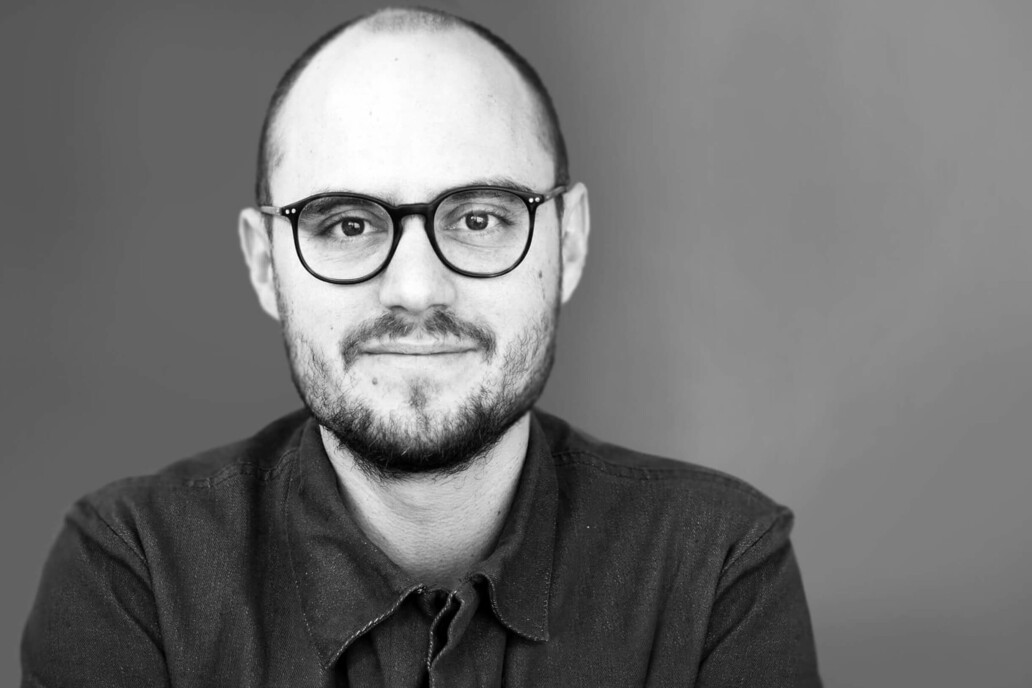
Vita
Dustin Jessen graduated from the Royal College of Art (RCA) in London in 2014, having previously studied industrial design at the Folkwang University of the Arts in Essen and at the Design Academy Eindhoven. Before studying under Tord Boontje at RCA Design Products as a scholarship holder of the German Academic Exchange Service (DAAD) in 2012, he worked at Studio Eric Degenhardt in Cologne. In 2013, Dustin Jessen completed an internship at the London office Industrial Facility run by Sam Hecht and Kim Colin, which was to have a lasting influence on his work. Since 2014, he has been working both as a freelance designer and as a research assistant and lecturer in the Industrial Design course at the Folkwang University of the Arts. Since 2018, Dustin Jessen has been a doctoral student there as part of a research project funded by the German Federal Environment Agency (UBA).
Research topic
The shape of sustainability
The research project examines the relationship between form and sustainability in design and attempts to develop strategies for designing sustainable products.
Supervision
Second supervisor: Prof. Dr. Cordula Meier, Folkwang Universität der Künste
Place of doctorate: Folkwang Universität der Künste, Essen
Keywords
Pauline Jegen
Month: July 2022
Master of Science (M.Sc.), Industrial Engineering
Specialization in Civil Engineering
Contact
INZIN Institute
Werdener Str. 4
40227 Düsseldorf
E-mail: pauline.jegen(at)inzin.de
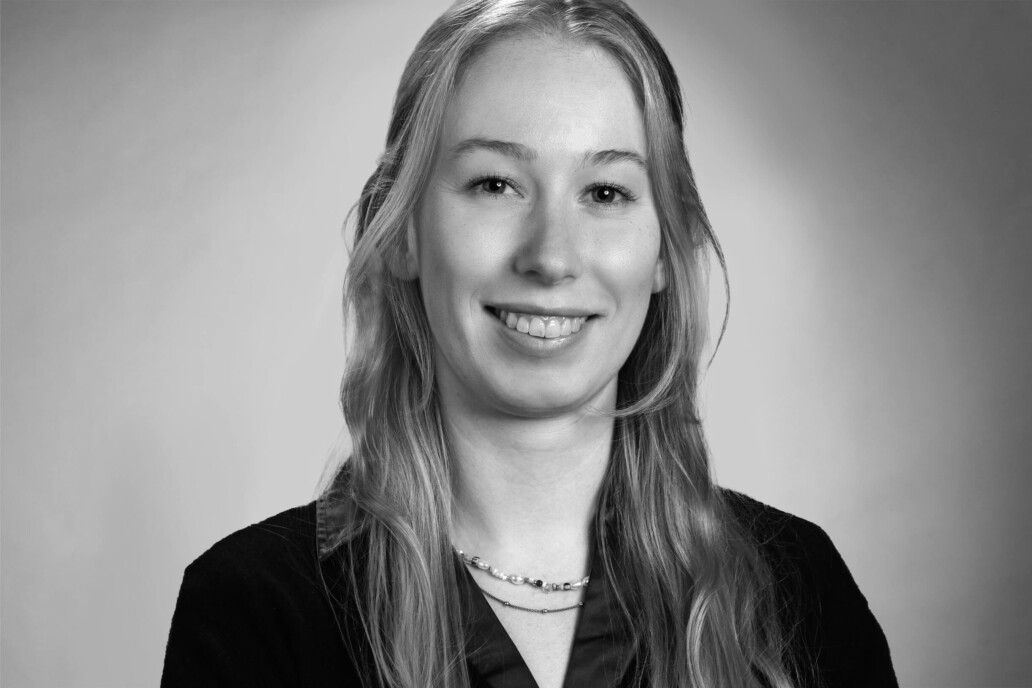
Vita
Pauline Jegen, born in Aachen in 1996, has been a scholarship holder at the INZIN Institute since October 2021. She previously studied industrial engineering with a specialization in civil engineering at RWTH Aachen University. She focused on the specializations of water management and sustainability and cooperation. During her studies, she gained practical experience in construction management and project management, as well as in an engineering office for wastewater management and technical services.
Research topic
The construction industry is one of the most resource-intensive sectors of the economy and is responsible for a large proportion of global greenhouse gas emissions. The construction industry is also one of the biggest sources of waste, particularly through the demolition of buildings and roads. Mineral construction and demolition waste accounts for more than half of the total waste stream generated in Germany. The rubble and demolition waste produced can be reused as recycled building materials. However, the largest proportion is used in downcycling processes. Due to population growth and urbanization, construction activities will continue to increase worldwide in the coming years, which will also increase the demand for raw materials. The question therefore arises as to how more effective management of mineral construction and demolition waste can be implemented.
Supervision
Place of doctorate: TU Dortmund
Keywords
